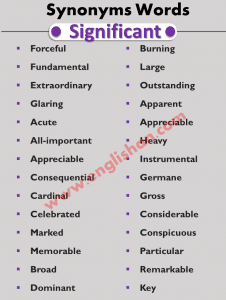
The earliest “ever” compound, and the only one known to have existed in Old English, was the pronoun “whoever” (written hwa æfre), according to Oxford citations. (In fact, “whatever” is sometimes called an emphatic interrogative pronoun.)Īnd the two-word “what ever,” which isolates and underscores the “ever” part of the compound, further accentuates the note of surprise, bewilderment, or disbelief. So the “ever” in “whatever” lends emphasis to a question that could very well be asked with “what” alone. how, what, when, where, who, why), to intimate that the speaker has no idea of what the answer will be.” Most of the “ever” combinations came along during the Middle English period-roughly from the late 11th to the late 15th century, according to citations in the Oxford English Dictionary, an etymological dictionary based on historical evidence.Īlthough they started out as phrases, they’re now “usually” or “always” written as single words, depending on where you look in the OED.Īs the dictionary explains, “ever” is used “following interrogative adjectives, adverbs, pronouns, and conjunctions (e.g. Among the other words we discuss are “albeit,” “heretofore,” “inasmuch,” “nevertheless,” “nonetheless,” and “notwithstanding.”

We mention “whatever” (also “whatsoever”) in a 2011 post we wrote about similar two- and three-word compounds. “Both whatever and what ever may be used in sentences such as Whatever (or What ever) made her say that? … In adjectival uses, however, only the one-word form is used: Take whatever (not what ever) books you need.” The American Heritage Dictionary of the English Language has no separate entry for “what ever,” but mentions it in a usage note in its entry for “whatever”: The online Macmillan Dictionary says the two-word version is “used for emphasizing a question, especially when you are surprised or upset,” and gives this example: “What ever gave you that idea?”

Oxford Dictionaries Online, for example, says “what ever” is “used for emphasis in questions, typically expressing surprise or confusion,” and it gives this example: “What ever did I do to deserve him?” Most standard dictionaries don’t include a separate entry for “what ever.” The few that do say “what ever” is more emphatic than “whatever.” “Whatever” is more common, but “what ever” is also used to underscore the emphatic nature of “ever” (as in “What ever do you mean?” or “What ever could have happened?”). Q: Is the one-word or two-word form correct here? Or are both correct? If not, which is preferred? And why? (1) Whatever happened to so-and-so? (2) What ever happened to so-and-so?Ī: The compound words formed with the adverb “ever” were originally two separate words, though today they’re nearly always written as one: “whoever,” “however,” “wherever,” and so on.īut in the case of “what” + “ever,” you have a choice when asking a question.


 0 kommentar(er)
0 kommentar(er)
